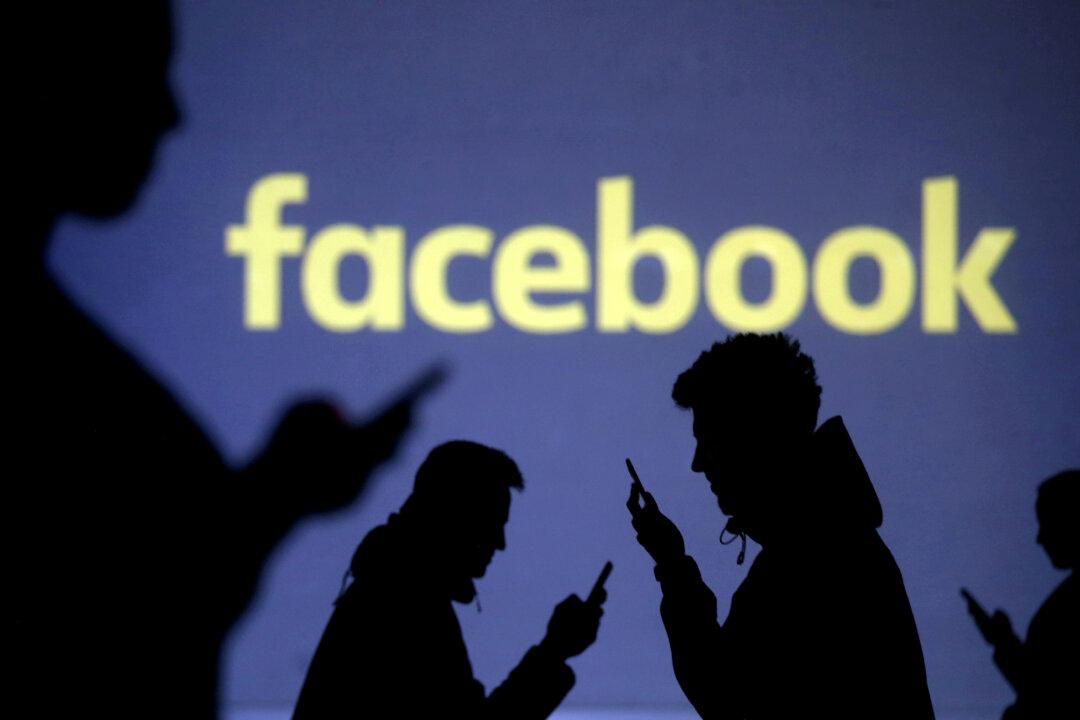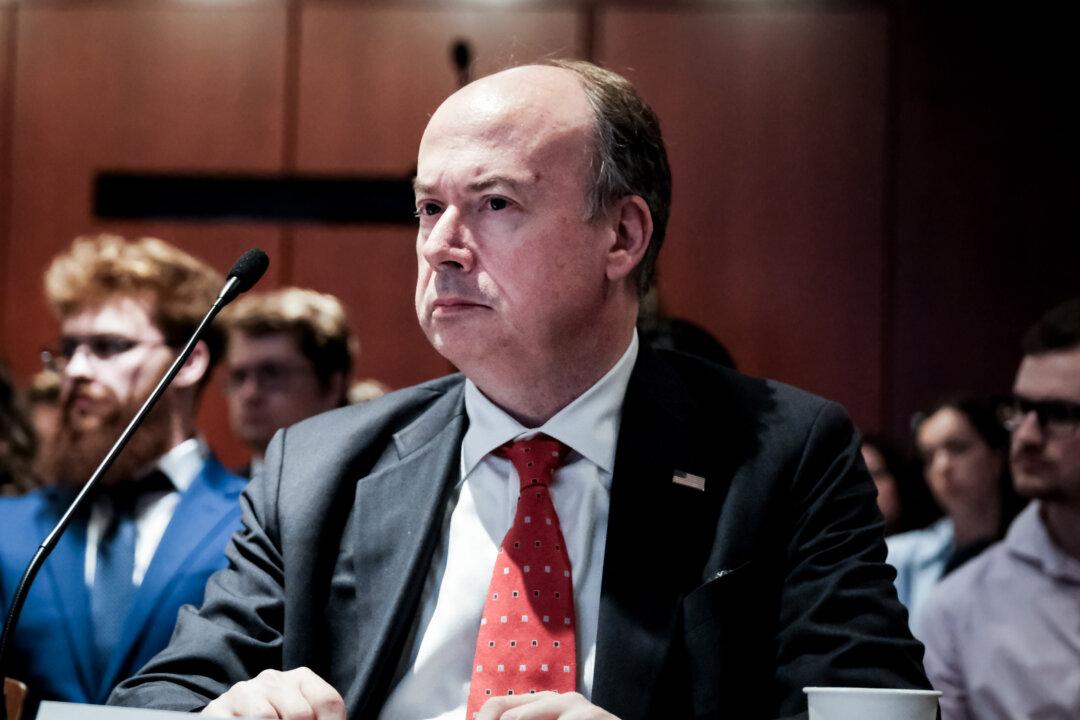Commentary
This past month, I figured that my two-day-old post in a Facebook group for journalism school alumni and students, in which I voiced opposition to censorship of free speech on social media, was nearing the end of its active life. I reached this conclusion when one of the group’s members added a long comment below the post that featured, of all things, one of Shakespeare’s sonnets.





